 |
| Assoc.Prof.Dr. Dao Ngoc Tien, Vice Principal of Foreign Trade University |
For nearly four decades, the FDI enterprise sector has been making great contributions to Vietnam's achievements, sir?
From a country that was behind in attracting FDI compared to many other countries, Vietnam has become one of the 15 developing countries attracting the largest FDI in the world. Since its presence in Vietnam, FDI enterprises have made significant contributions to the economic and social development of our country.
The trade surplus from the FDI sector has helped Vietnam maintain foreign currency revenues and foreign currency reserves, stabilize exchange rates, and effectively control inflation. The sector's contribution to the state budget has continuously increased, from VND 77,000 billion in 2011 to VND 260,875 billion in 2024, with a relatively stable proportion of 13-15% and surpassing the state-owned enterprise sector.
If Vietnam wants to successfully industrialize and become a developing country with modern industry, it must have an industrial sector. Meanwhile, the FDI sector is the backbone of the processing and manufacturing industry. According to the report on FDI recently published by the Institute of Strategy and Economic and Financial Policy ( Ministry of Finance ), although accounting for only 8% of the number of enterprises in the processing and manufacturing industry, the FDI sector accounts for 56.3% of total investment capital, generates 62% of total revenue and employs nearly 60% of the total workforce.
FDI enterprises dominate almost absolutely in terms of revenue in key export sectors such as electronics accounting for more than 99%; leather and footwear accounting for 83.4% and textiles and garments accounting for 61.6%. They also increasingly assert their important role in service sectors, especially key services such as transportation and logistics. This sector also plays the role of a “lifeline”, providing capital and optimizing the supply chain, thereby enhancing the competitiveness of the industry.
With such contributions, it is probably not necessary to ask whether FDI will be the growth driver in the next 5 years or not?
There is no need to discuss this issue, but it is necessary to have a comprehensive and complete assessment of the contribution of the FDI sector to economic and social development, not only in terms of contributions to the state budget, GDP, and labor attraction, but also in terms of labor productivity, investment efficiency, environmental protection, technology transfer, and linkages with the domestic sector, thereby orienting FDI attraction for the coming industrialization period.
Since the beginning of Doi Moi, we have carried out industrialization and modernization, but each stage has its own short-term goals. In the first stage, Vietnam's goal was to attract the largest possible amount of FDI to take advantage of capital, machinery, and technology for economic development. After the process of capital accumulation, experience, and growing domestic enterprises, Vietnam began to selectively attract FDI.
In 2019, the Politburo issued Resolution 50/NQ-TW on orientations for perfecting institutions and policies, improving the quality and efficiency of foreign investment cooperation by 2030. Specifically, proactively attracting and selectively cooperating with foreign investment, taking quality, efficiency, technology and environmental protection as the main evaluation criteria; prioritizing projects with advanced technology, new technology, high technology, clean technology, modern management, high added value, spillover effects, connecting global production and supply chains.
To develop sustainably, it is necessary to rely on domestic enterprises. Many opinions say that FDI enterprises are "squeezing" local enterprises?
The Ministry of Industry and Trade has just announced the Index for assessing the implementation of free trade agreements (FTA Index). Participating in the development of the FTA Index, we realized that the operations of FDI enterprises and domestic enterprises are quite independent of each other. In particular, FDI enterprises have made good use of the 17 FTAs between Vietnam and other economies, proactively researching, setting out specific strategies, plans and roadmaps to meet the FTAs, so they have exploited them quite effectively.
The result of exploiting the FTA market well is that the FDI sector always has a trade surplus. In 2024, Vietnam's trade surplus of 24.77 billion USD is due to the FDI sector having a trade surplus of 50.29 billion USD, while domestic enterprises have a trade deficit of 25.52 billion USD. In the first 7 months of 2025, the trade surplus of 10.18 billion USD is due to the FDI sector having a trade surplus of 26.78 billion USD, while domestic enterprises have a trade deficit of 16.6 billion USD.
In the same level playing field of 17 FTA markets, and more broadly, the global export market, but FDI enterprises have a trade surplus while domestic enterprises have a trade deficit, it cannot be said that there is suppression or domination.
Another story about FDI that is often mentioned is the issue of labor use, sir?
There is a situation where workers working for FDI enterprises up to the age of 35 are likely to lose their jobs, the rate of workers over 40 years old is very low. But that is only for low-level unskilled workers, while middle-level workers rarely have this problem. If there is, it is only middle-level workers who, after a period of working, accumulating enough experience, skills, and having little capital, will quit their jobs to start their own businesses.
The labor issue should be viewed from another perspective. About 72% of workers in the FDI sector do simple jobs, mainly assembling and operating machines. With these jobs, when workers are over 35-40 years old, their work efficiency decreases, they cannot keep up with the machinery and production lines, then not only FDI enterprises but also domestic enterprises do not want to sign new labor contracts.
The goal of the enterprise is profit, efficiency, labor productivity, competition not only in the domestic market, but also in the global playing field. The goal of the employee is income, and income depends on output, norms, and workload. When they are no longer able to earn a higher income, the employee will quit their job to find a new one.
Thus, re-signing a labor contract is the right of the business owner and the employee. The issue is that the business fully fulfills its obligations to the employee after leaving the job.
But sir, the consequences of workers losing their jobs when they are "too young to reach old age" are very serious, creating great pressure on ensuring social security for this group?
This is the responsibility of the State, not of enterprises. Resolution 68/NQ-TW on the development of private enterprises was issued, setting many goals, including the goal of having at least 2 million enterprises operating by 2030. The number of newly established enterprises is the place to attract workers leaving FDI enterprises in particular and enterprises in general. Although they are simple workers, after a period of working for the FDI sector, these workers have accumulated a lot of work experience, especially work awareness, responsibility for work, and work skills, which are quality additional resources for newly established enterprises.
Source: https://baodautu.vn/fdi-van-la-dong-luc-tang-truong-trong-5-nam-toi-d368065.html



![[Photo] Ho Chi Minh City residents show their affection to celebrate the 80th anniversary of the August Revolution and National Day September 2](https://vphoto.vietnam.vn/thumb/1200x675/vietnam/resource/IMAGE/2025/9/3/55d860cbb63a40808e1e74ad9289b132)
![[Photo] National Assembly Chairman Tran Thanh Man meets with First Secretary and President of Cuba Miguel Diaz-Canel Bermudez](https://vphoto.vietnam.vn/thumb/1200x675/vietnam/resource/IMAGE/2025/9/2/c6a0120a426e415b897096f1112fac5a)
![[Photo] Special art program "Da Nang - Connecting the future"](https://vphoto.vietnam.vn/thumb/1200x675/vietnam/resource/IMAGE/2025/9/2/efdd7e7142fd45fabc2b751d238f2f08)
![[Photo] Lao President Thongloun Sisoulith and President of the Cambodian People's Party and President of the Cambodian Senate Hun Sen visit the 95th Anniversary Exhibition of the Party Flag Lighting the Way](https://vphoto.vietnam.vn/thumb/1200x675/vietnam/resource/IMAGE/2025/9/2/3c1a640aa3c3495db1654d937d1471c8)





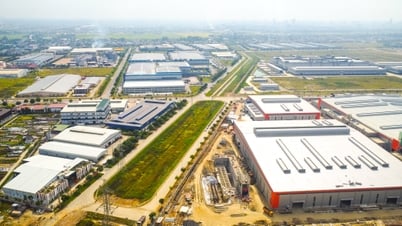

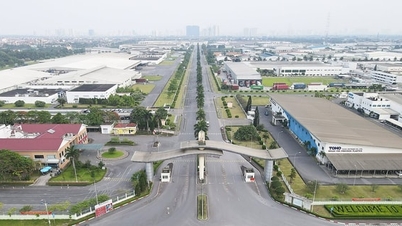





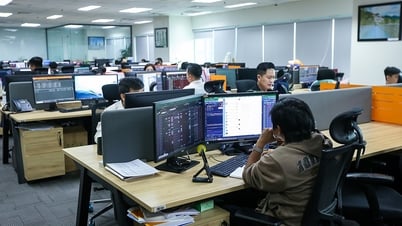






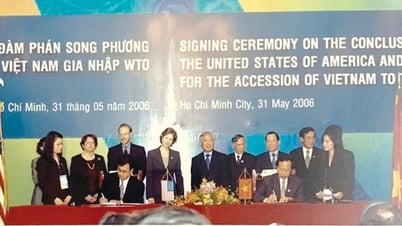






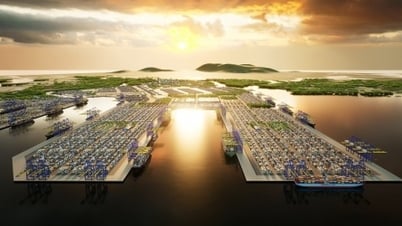

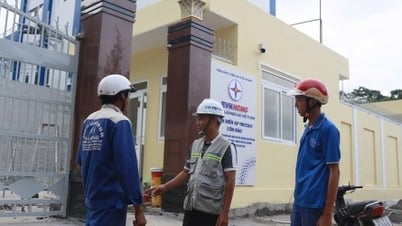



























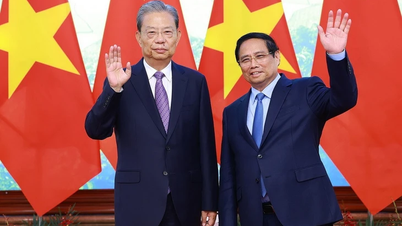










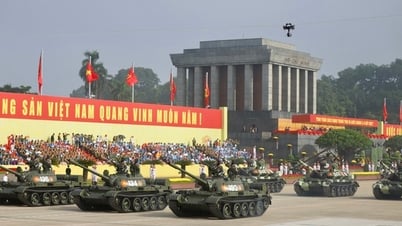

















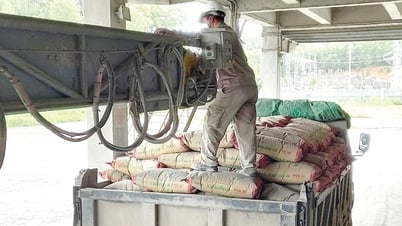

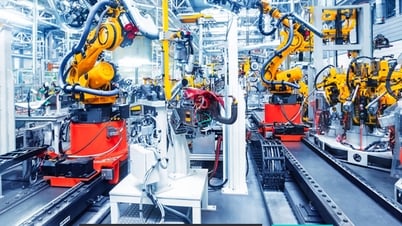

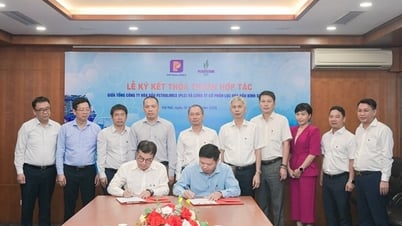

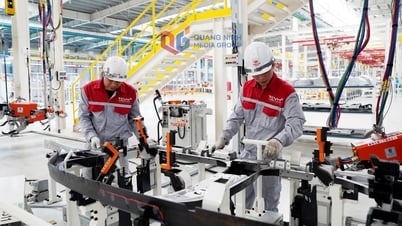





Comment (0)